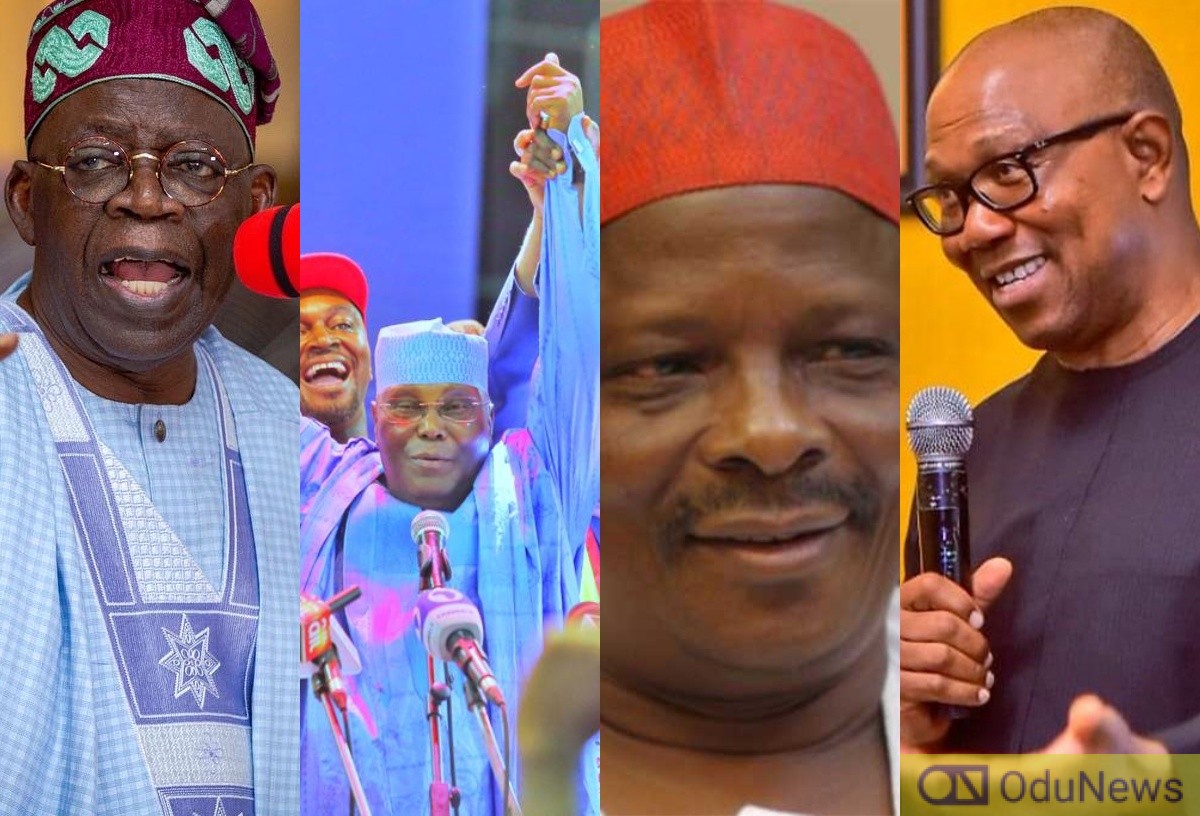As the 2023 general elections draw closer, the media space has been rife with fake news. The menace of fake news has reached an all-time high in recent years and it has only worsened in the wake of the coming elections.

Some of the supporters of the leading candidates have resorted to blatant lies to sell their candidates. Imaginary figures about their candidates’ tenure in government have been churned out to deceive the public. False utterances have been attributed to people just to back up their false figures and many have placed them under propaganda. Propaganda is a tool used by political actors to evoke the people’s emotions and shape their thought processes. They are usually one-sided. An age-long definition of propaganda is that it refers to “information, ideas, opinions, or images, often only giving one part of an argument, that are broadcast, published, or in some other way spread to influence people’s opinions.” George Orwell is famous for declaring all propaganda to be lies, but he wasn’t technically correct. The advent of fact-checking has been able to sweep the media space of many lies. However, where false information reaches, the correct version of such cannot go as far as the latter has.
This brings the issue of the supporters of former Anambra state governor, Peter Obi, to the fore. The former Anambra governor has enjoyed a wide range of support from social media users in Nigeria. In an attempt to sell him to others, his supporters have resorted to fake news. In the space of 24 hours, two trending reports have been debunked by those credited to have uttered the statement. One of such is a viral post circulated on social media and attributed to the former Emir of Kano, Sanusi Lamido Sanusi. The viral report shows an analysis of the ‘motive’ of some candidates for contesting the 2023 presidential election. The candidatures of the All Progressives Congress, Asiwaju Bola Ahmed Tinubu, Peoples Democratic Party, Atiku Abubakar and that of the Labour Party, Peter Obi, were analysed in the viral post with derogatory remarks made on the first two candidates while the third is praised. In a fact check carried out by The Cable Newspaper, the former Emir debunked the news and insisted he never made such a statement.
Amid this, the purveyors of fake news were pushing another story. This was attributed to the Anambra state governor state, Prof. Charles Soludo. In May, there were posts on social media claiming that Soludo said Obi invested $20 million in SABMiller Plc, now AB InBev, on behalf of the state and that the investment is now worth $100 million. As campaigns get intensified, the claim again surfaced on social media platforms, including one on a Facebook page titled, ‘Lamentations of A Bishop’, that Obi’s $20 million investment in Anambra has increased to $100 million. Being tired of coming across what he did not say, the Anambra governor, Prof. Soludo, aggressively denied he made such a comment. “Where did you read or hear me make such a false statement? This fake news has been roundly debunked by my team. We can always carry on with campaigning for our preferred candidates without consciously misleading the reading public. This report is false and never emanated from me. Thank you, he said.
In as much as fact-checking stories have played a long way in combating the menace of fake news, it cannot correct the impression of everyone who has had access to such news. The Sanusi and Soludo false posts are still in circulation on social media. False electoral promises have been the other of the day in times past, the country now appears to have included false past actions to the fold. The electorates are now at the mercy of falsehood. Fake news, fake reports of past achievements of the candidates and false electoral promises are now the order of the day. The 2023 elections are built on a campaign of lies, how then can Nigerians make the right choice?


Comments are closed.